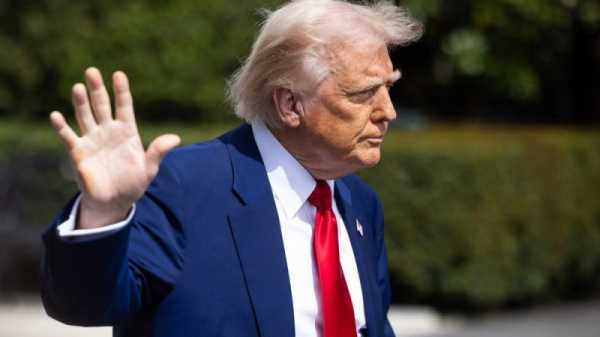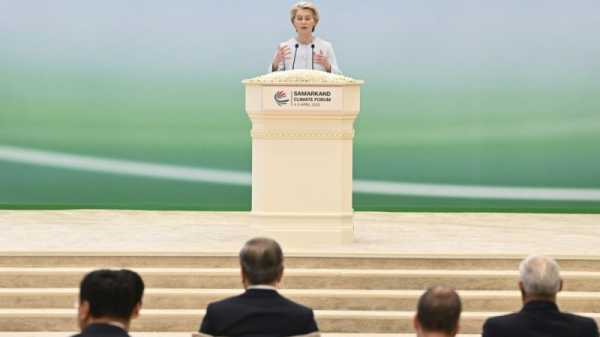
Diplomatic ties between Iraq and Sweden are at an all-time low as Baghdad threatens to sever ties with Stockholm over another Quran-burning incident, while Sweden accuses Iraq of failing to abide by the Geneva Conventions and protect its diplomatic envoys.
Relations between Sweden and Iraq continued to sour on Thursday as an angry crowd stormed, for the second time this year the Swedish embassy in Baghdad.
The incident came after Swedish police granted a permit for a public gathering outside the Iraqi embassy in Stockholm on Thursday, where an Iraqi refugee, Salwan Momika, intended to burn a Quran – the second he desecrated one this month.
In a statement, Swedish Foreign Minister Tobias Billström condemned the attack on the embassy and said that Iraqi authorities “seriously failed” in their responsibility to protect the embassy.
According to the Swedish authorities, the Iraqi government was responsible for protecting its diplomatic staff under the Geneva Conventions.
“The Foreign Ministry strongly condemns the act of setting fire to the Swedish Embassy in Baghdad,” the Iraqi Foreign Ministry responded in a statement, adding that it will conduct an “urgent investigation and take the necessary security measures” to clarify what happened and identify the perpetrators.
Ultimately, Momika desecrated the Quran even though he did not burn it. He was also escorted out of the protest zone by the police.
Under Swedish law, burning the holy book falls under the protection of freedom of expression. It cannot be banned, which has led to tensions with Muslims globally on several occasions and contributed to Turkey’s delay in ratifying Sweden’s application to join NATO.
In response, Iraq recalled its top diplomat in Stockholm and urged Sweden’s ambassador to Iraq to leave the country.
Iraqi Prime Minister Mohammed Shia al-Sudani also revoked the work permits of the Swedish telecoms company Ericsson and its employees.
(Charles Szumski | EURACTIV.com)
Read more with EURACTIV

Almost five million Italians may not vote in next year’s EU elections
Source: euractiv.com



